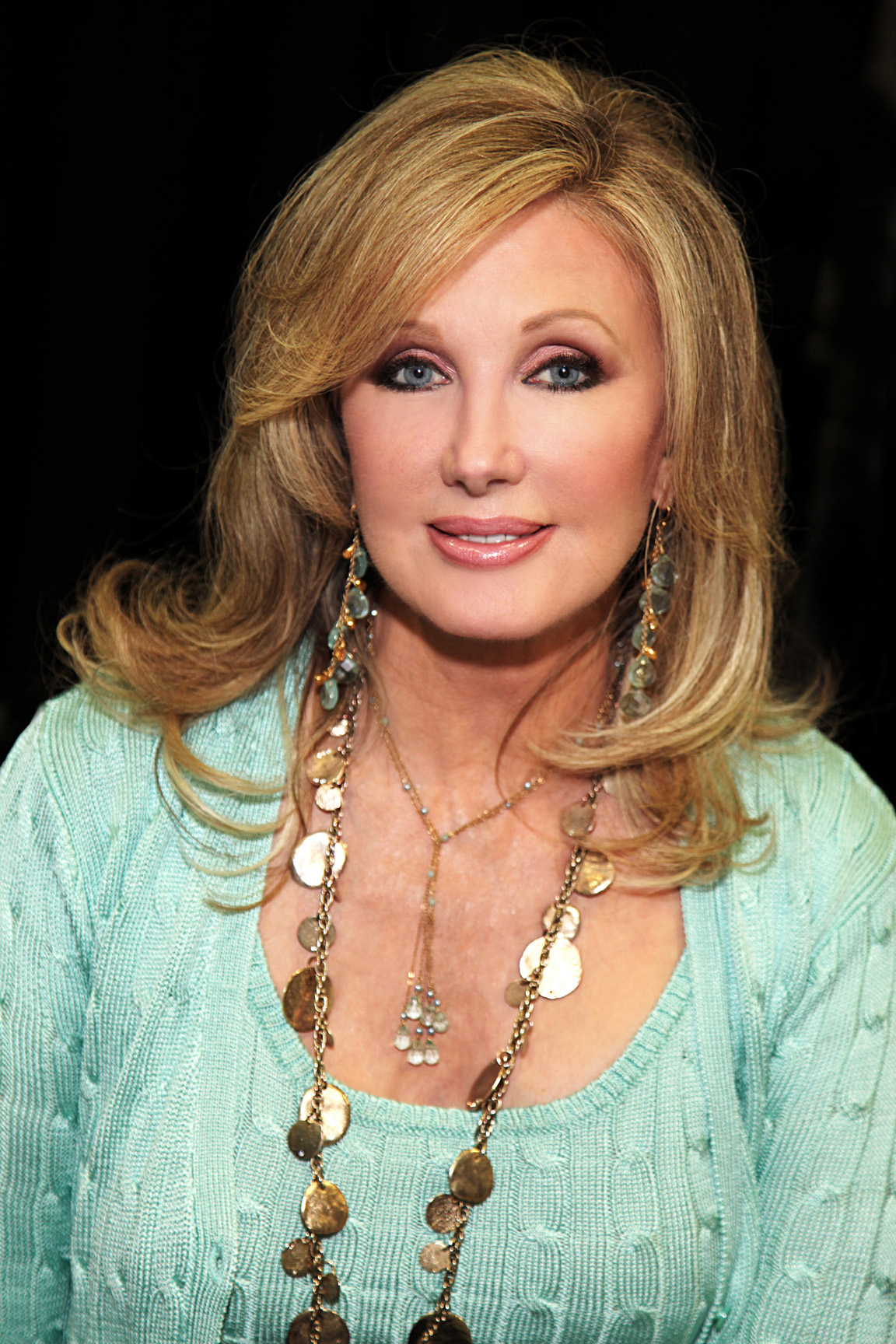David Letterman
Explore the fascinating timeline of David Letterman, the iconic late-night television host. From his early days in comedy to becoming a household name with shows like 'Late Night with David Letterman' and 'The Late Show with David Letterman', this timeline highlights his remarkable career and contributions to entertainment.
The Debut of Late Night with David Letterman
On February 1, 1982, David Letterman made his debut with 'Late Night with David Letterman' on NBC. This marked a significant shift in the landscape of late-night television, introducing a more irreverent and unconventional approach to the genre. The show quickly became known for its quirky humor, innovative segments like Stupid Pet Tricks, and Letterman's sardonic style. Over the years, it gained a dedicated following and established Letterman as a prominent late-night television host.
Letterman Survives Double-Quadruple Bypass Surgery
On May 13, 1986, David Letterman underwent successful double-quintuple bypass surgery. This event preceded the debut of 'The Heart Show', a special episode dedicated to heart health awareness. Letterman's surgery and subsequent advocacy brought attention to cardiovascular health and spotlighted related issues. His willingness to share personal health challenges endeared him to the public and furthered his reputation for candor and resilience in personal matters.
Letterman Hosts the Oscars with Unpredictable Style
On March 27, 1988, David Letterman hosted the 67th Annual Academy Awards. Known for his offbeat and unpredictable style, Letterman's hosting was met with mixed reviews. Although he incorporated his trademark dry humor and sarcasm, audiences were divided on this approach for such a formal event. Despite the polarized reception, his performance left a lasting impact and has been a point of discussion about appropriate hosting for award shows.
The Launch of Late Show with David Letterman
On August 30, 1993, David Letterman premiered his new late-night talk show on CBS, titled 'Late Show with David Letterman'. After leaving NBC's 'Late Night', Letterman transitioned to the earlier 11:30 PM slot on CBS. The move came amidst intense competition and negotiations after he was passed over for The Tonight Show succession. 'Late Show' became a staple of late-night television, earning numerous awards and continuing Letterman's legacy.
Letterman Makes Surprise Return to The Late Show
On January 23, 1995, David Letterman returned to the 'Late Show' after a five-week absence while recovering from heart surgery. Not only did he successfully retake the stage, but he also humorously addressed his health ordeal, which won over audiences and demonstrated his resilience. His return episode featured Regis Philbin as a guest, and the candid discussion of his health journey helped humanize Letterman to his viewers.
Letterman Has Emergency Heart Surgery
On January 14, 2000, David Letterman underwent emergency quintuple heart bypass surgery after a routine medical check-up revealed a significant blockage in his arteries. His absence from the 'Late Show' prompted guest hosts to fill in until his return. This health scare underscored the importance of regular medical examinations and catalyzed discussions about heart health, mirroring the openness with which Letterman shared many aspects of his life with his audience.
Letterman's Public Disclosure of Extortion Plot
On October 1, 2009, David Letterman revealed on air that he was the victim of an extortion attempt linked to his personal affairs. He shared with his audience the details of the plot, which involved a threat to expose his private relationships. Letterman's disclosure was a bold move to regain control over the narrative and demonstrated his characteristic transparency. This incident generated wide media coverage and discussions on issues of privacy and celebrity.
David Letterman's Final Episode of Late Show
On May 20, 2015, David Letterman hosted his final episode of the 'Late Show with David Letterman', marking the end of an era in late-night television. Serving as the host for 33 years across two networks, Letterman concluded his career with a program that included numerous tributes, a farewell video montage, and appearances from a variety of past celebrity guests. His departure was met with significant media attention and heartfelt goodbyes from fans worldwide.
Mark Twain Prize for American Humor
On October 22, 2017, David Letterman was awarded the Mark Twain Prize for American Humor. This prestigious award is presented by the John F. Kennedy Center for the Performing Arts to individuals who have had a significant impact on American society in a manner similar to the distinguished 19th-century novelist and essayist best known as Mark Twain. The award recognized Letterman's influence and contributions to entertainment and comedy over his long career.
Debut of My Next Guest Needs No Introduction
On January 12, 2018, David Letterman premiered a new series on Netflix called 'My Next Guest Needs No Introduction'. Departing from traditional talk show formats, the series features Letterman in extended interviews with a wide variety of guests. The program marked Letterman's return to television after retiring from late-night TV. The show's format and Letterman's interviewing style received critical acclaim, highlighting his ability to stay relevant in modern media.
Frequently asked questions about David Letterman
Discover commonly asked questions regarding David Letterman. If there are any questions we may have overlooked, please let us know.
When did David Letterman begin hosting 'Late Night'?
When did David Letterman's tenure on 'Late Show' begin and end?
What was David Letterman's first major television role?
When did David Letterman receive the Kennedy Center Honors?
Related timelines
More timelines connected to David Letterman







